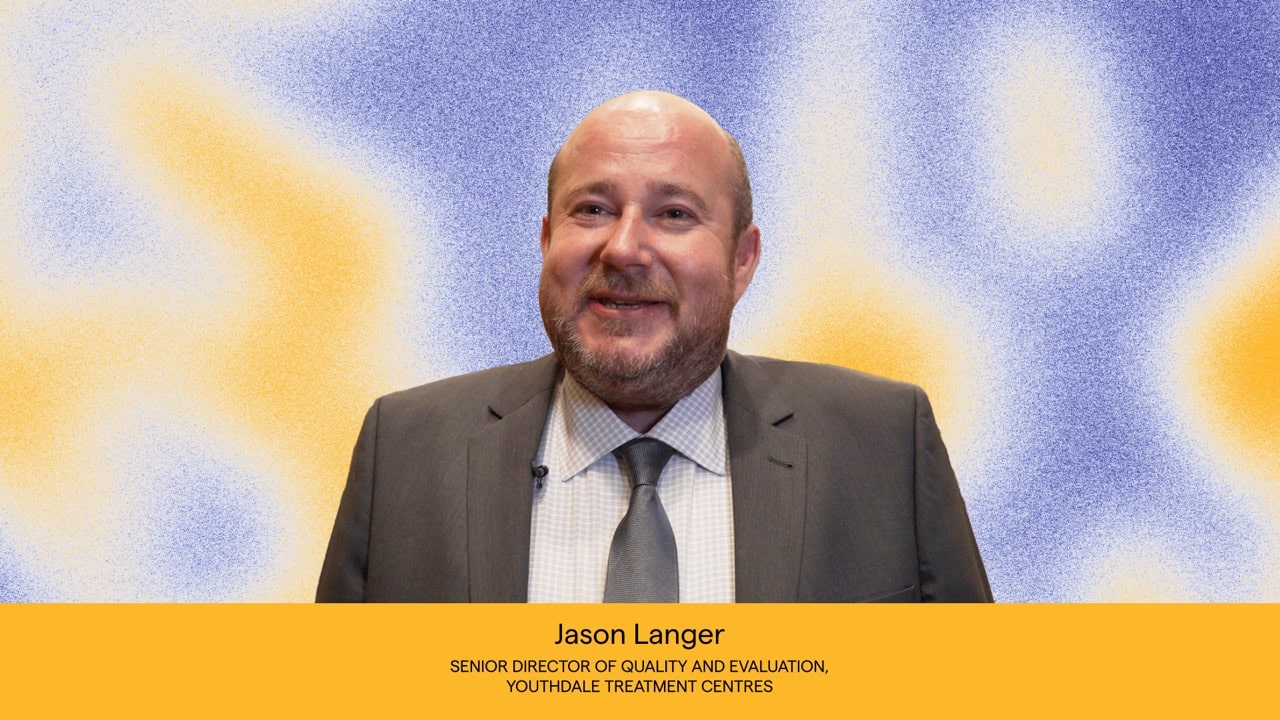
With advancements in technology and science, we can measure almost anything – including daily steps, sleep cycles and quality of sleep, blood sugar levels, heart rate and even our fertility. These advancements give us feedback about what is happening in our bodies so we have better insights into our physical health and the ways we can improve it. But what about mental health?
The Canadian Psychological Association recently released a special task force report (the “Report”) to provide guidance to psychotherapy practitioners as well as to policy-makers, educators, and funders of psychological interventions regarding the need to measure outcome and patient progress in order to provide evidence-based treatment. The Report summarizes the key research in support of outcome and progress monitoring, and also highlights key considerations for practitioners when implementing progress monitoring into practice. Some of the key takeaways are summarized below:
- Measuring, monitoring, and providing feedback to therapists allows them to be more responsive to patient needs on a session-by-session basis. It also contributes to empowering patients and enhancing the role of the patient in therapy.
- Research on progress monitoring has demonstrated the clear impact on improving patient outcomes. In a meta-analysis of patient feedback systems, Lambert and Shimokawa (2011) found patient outcome monitoring with feedback to the therapist was moderately and significantly associated with positive patient outcomes. Notably, the number of psychotherapy patients who deteriorated was cut in half by using a progress monitoring system.
- Psychologists, and most other professionals who provide psychotherapy services, have an ethical obligation to evaluate the services they provide. The Canadian Code of Ethics for Psychologists states that psychologists are expected to: “monitor and evaluate the effect of their activities, record their findings and communicate new knowledge to relevant others”.
- For psychotherapists, collecting valid information about progress and outcomes through psychometric assessment is a key component to providing evidence-based care that is relatively free of bias. Outcome and progress monitoring is also an opportunity for organized networks of clinical practice to engage in enhanced program evaluation and psychotherapy research.

Despite the importance of progress monitoring and it being a necessary component of providing evidence based care, only 12% of Canadian psychologists currently do it. This figure is well behind the United States where 39% reported regularly evaluating patient progress in treatment. In light of these shortcomings, the task force made certain recommendations in regards to implementing outcome and progress monitoring in clinical contexts, including:
- Psychologists and all psychotherapy practitioners, whether in a private practice or part of an agency or institution, should routinely obtain outcome data on patients they are treating by using psychometrically sound scales.
- At a minimum, psychotherapists should assess patient outcomes, preferably from the patient’s perspective and/or from a third-party perspective, before and after providing services. However, it is preferable to assess outcomes at multiple time points during therapy.
- As part of continuing education, psychologists and psychotherapists should seek out and receive training on how to implement and use outcome and progress monitoring in their practices.
Automate assessment delivery, visually display results and increase client engagement; Greenspace is a platform to help therapists measure and monitor client progress in a simple and efficient way.











